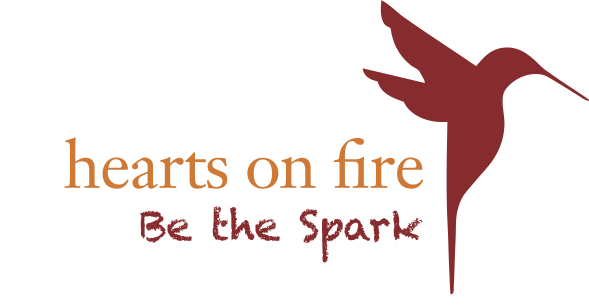JOSH NESBIT | MEDIC MOBILE
Texting to Save Lives
Josh Nesbit can’t help himself. He just has to jump in and find solutions when he sees people in need. It’s an instinct he traces back to his parents.
“My father taught me to dream big, and my mother taught me to care for people.”
That combination led Josh on a journey to Africa when he was a pre-med student at Stanford University. He spent the summer of 2007 at St. Gabriel’s hospital in rural Malawi doing research on pediatric AIDS. While there, he observed patients walking up to 100 miles to see the hospital's single doctor, who was serving a quarter million people. Community health workers were walking over 30 miles to deliver reports on their patients by hand. He also noticed that cell phone reception was stronger in the rural African village than back home in California.
That’s when Josh made the connection to his parents’ call to think big and to think of others—and to technology. On his next trip to Malawi, he would be carrying an innovative idea and a suitcase full of solutions.
“I put a sign next to my bed that said, ‘What can you do in the next 24 hours?’ I believe you have to maximize the good all the time.”
Josh’s story is all about connections: connections with others and connecting technology with social innovation to impact lives—even save lives—in any corner of the world.
When Josh returned to Malawi, his suitcase was filled with $10 Nokia phones. His plan was simple: to use cellphone technology to communicate lifesaving medical information easily and instantaneously. In 2009, he teamed up with Isaac Holeman to found Medic Mobile.
Medic Mobile is a pioneer in developing the use of SIM cards to connect very poor communities to health services through the use of specially-designed applications on widely available and inexpensive cell phones.
The technology supports community health workers in the field, coordinating services and referrals, delivering health care information to practitioners, monitoring a patient’s health signs and mapping health services. As the tagline of Medic Mobile says: “Text messages save lives.” The impact in Malawi, says Josh, was immediate and dramatic.
“In six months we saw them double the number of people they were treating for TB, and responding to emergencies for the first time.”
In the developing world, lack of infrastructure prevents health workers from delivering efficient health care to rural areas. Yet many of the gaps and shortcomings of rural health care systems could be addressed by using simple, locally-appropriate communication technologies.
“With our systems in place, vaccine coverage for children in their first year of life went from 60% of infants to 99%,” says Josh. “Measles outbreaks are tracked 134 times faster than existing systems.”
Since its start in Malawi, Medic Mobile has expanded to 20 countries, supporting 8-thousand frontline health workers, covering a million families. But, true to his father’s advice, Josh is dreaming bigger.
“That number needs to be 200-million people by the end of 20/20.”


